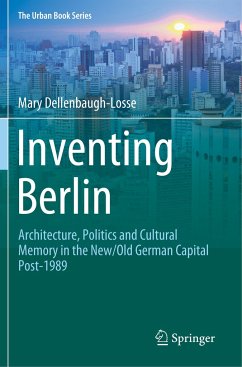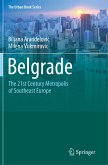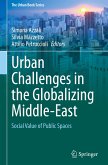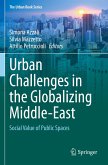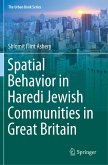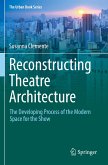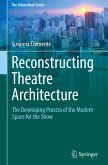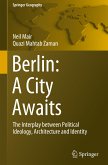This book comprehensively examines post-1989 changes to the symbolic landscape of Berlin - specifically, street names, architecture, urban planning and monuments - and links these changes to concepts of contested cultural memory and national identity in Berlin and Germany in the post-Wall period. The core of the book is made up of an analysis of built space changes in the eastern half of the city before and after the Berlin Wall, flanked by an introduction to the theoretical underpinnings of the topic and a wider interpretation of the events in Berlin in relation to other geographic and historical contexts. It furthermore offers an explanatory model for the phenomenon of the "symbolic foreigner" whereby former citizens of the GDR feel disenfranchised and excluded from today's German society.
This book is a valuable resource for researchers, students, and also appeals to a wider, non-academic audience with an interest in both cultural memory and Berlin.
Hinweis: Dieser Artikel kann nur an eine deutsche Lieferadresse ausgeliefert werden.
This book is a valuable resource for researchers, students, and also appeals to a wider, non-academic audience with an interest in both cultural memory and Berlin.
Hinweis: Dieser Artikel kann nur an eine deutsche Lieferadresse ausgeliefert werden.
"The book convincingly shows that it is worth to look at societal dynamics of transformation through the lens of architecture and planning. ... As a whole, the book is a recommendable reading also for those who might have asked themselves first, why we still need another book on post-1989 Berlin." (Hendrikje Alpermann, Eurasian Geography and Economics, September 13, 2020)

